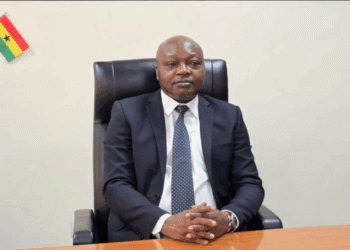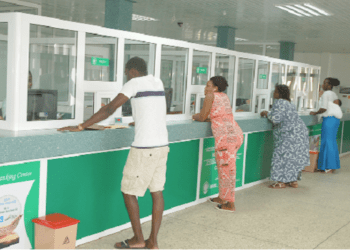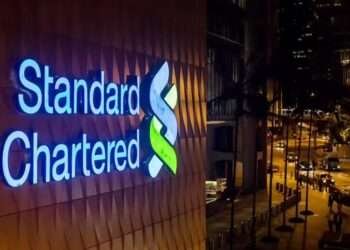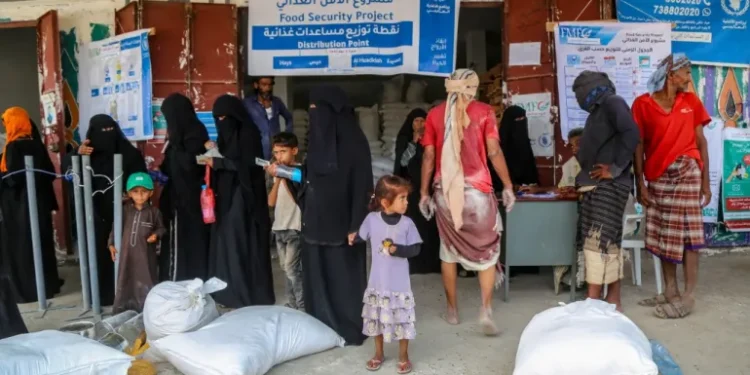The Government of Ghana, through the Ministry of Finance (MoF) has committed itself to zero-financing with the Bank of Ghana (BoG) to make it eligible for IMF’s US$3 billion Loan.
This is coming after the International Monetary Fund (IMF)’s directive to the Nana Akuffo-Addo’s administration to sign an agreement of zero-financing so as not to be deprived its loan offer.
“The decision would bring a halt to central bank loans to the government…”
IMF
The two parties as a result, complied to IMF’s directive by reaching an agreement to commit to zero-financing of the 2023 budget as well as subsequent budgets in order to grant the country access to the fund’s bailout, which promises to bring back life into the dying Ghanaian economy.
Osei Gyasi, Head of Banking Supervision at Bank of Ghana, while delivering a speech during Institute of Chartered Accountants, Ghana (ICAG)’s 60th Anniversary launch, mentioned that this step taken by MoF and BoG is essential to deal with the country’s soaring debt and inflation.

“With inflation currently at 54.1%, tight monetary policies are expected to contain the persistent price shocks in the economy and ease inflationary pressures. Monetary financing of the government’s deficits, which was pursued to prevent domestic defaults arising from systemic auction failures during 2022 will end under the program.
“To achieve this, the Bank of Ghana and the Ministry of Finance will commit to zero-financing of the Budget in 2023 and beyond. The implantation of this prudent macroeconomic policy is expected to trigger a disinflation path and a downward trend in the policy rate as well as restall the country’s reserve buffers to at least three months of import cover in 2025.”
Osei Gyasi
This decision by the BoG and MoF promises to realign the central bank towards contributing to the nation’s recovery by focusing on other projects while the government gives attention to other sectors with the loan acquired from the IMF as well as its debt exchange program.
Meanwhile, Mr. Gyasi alleged that his outfit has issued some regulatory interventions to compliment the announced financial stability fund, that is yet to be provided by the IMF to mitigate the potential impact on regulated financial institutions.
Additionally, the Head of Banking Supervision at BoG provided a reassurance that the central bank will talk with all stakeholders and come out with policy interventions where necessary that will reduce the impact on the banking industry.
Mr. Gyasi applauded the ICAG for its involvement and contributions towards the implementation of the DDEP, while also indicating that the central bank’s decision to officially engage the institute to help establish and grow the partnership to influence policy direction still holds.
In the meantime, the government has been advised to engage external debt holders on agreeing to the debt exchange programme with immediate effect so as to stabilize the debt levels of the country which is skyrocketing.
Engage with external debt holders to save the economy
Williams Kwasi Peprah, Associate Professor in Finance at Andrews University, who is based in the U.S noted that, should the government fail to engage with external debt holders, the country’s debt will not only remain in the highs but will also be troubling for the nation.
Ghana’s debt according to recent statistics stands at GH¢575 billion as of November, 2022 ending, fueled by the depreciation of the cedi.
According to Prof. Peprah, despite government making progress in its debt exchange program, the high debt level of the country is a cause for worry.

“Though there was no addition to the external debt, the cedi devaluation alone caused a 37% increase to that portfolio. This means that government will have to immediately get the external debt holders to come to the table and agree to the debt exchange programme.”
Prof. Peprah
READ ALSO: Analysts Predict Cedi Stability Based On Debt Exchange Consensus























